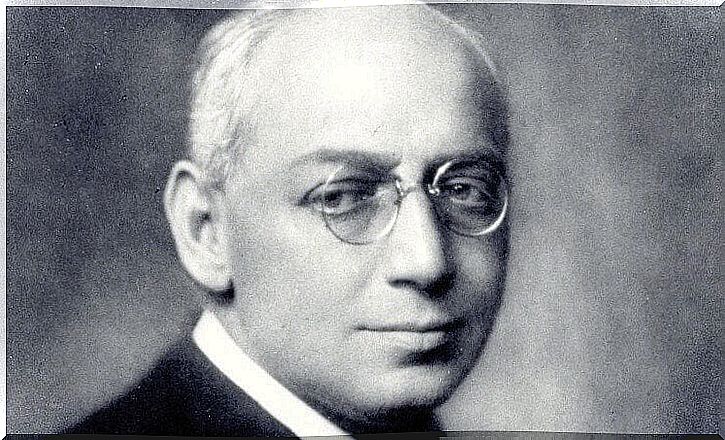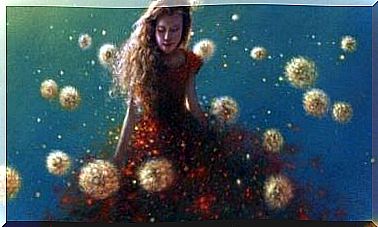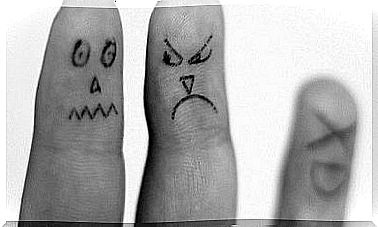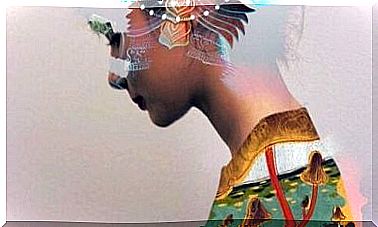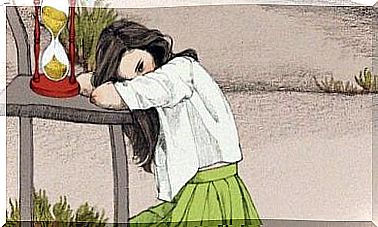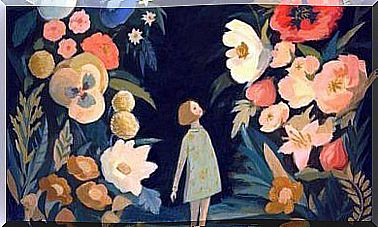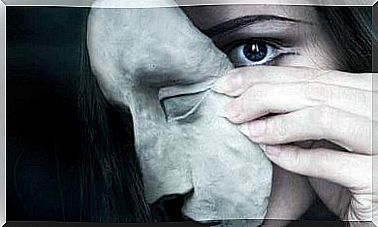Wilfred Bion: Biography And Most Striking Works
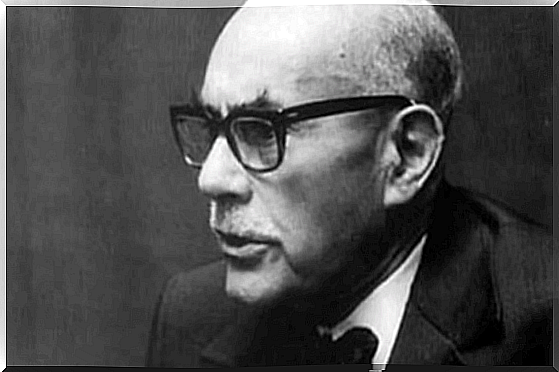
Wilfred Bion was born in Matura on September 8, 1897 and died in Oxford on August 28, 1979. He trained as a doctor but in practice he was seduced by the ideas of psychoanalysis. His work gave life to a theory studying the way human beings think.
Bion stood out for his work as a psychoanalyst for patients with psychotic disorders. At the beginning, it was based on the studies of Mélanie Klein and Sigmund Freud. It generated later its own theoretical field and amplified concepts established previously by Klein.
In addition, his work with soldiers affected by the Second World War was the basis of one of his main contributions, a very important contribution to the field of group psychology.
Read on and you will understand why Bion is one of the most important figures in the history of psychoanalysis.
On the life of Wilfred Bion
Wilfred Bion was born in India and lived there until he was 8 years old. He grew up in a wealthy family whose main income came from the colonization of lands then under the control of the British Empire.
Later, his parents sent him to boarding school in England where he proved to be a great athlete, especially in swimming and water polo. Bion remembered that during his internship he missed his parents and India.
Bion managed to participate in both world wars. In fact, he participated in World War I as a volunteer. For this, he was awarded a decoration for distinguished services and the Legion of Honor of France. During World War II he practiced as a military psychiatrist at Nothfield Hospital.
During his work as a psychiatrist, he came into contact with the theories of Mélanie Klein and other prestigious psychoanalysts. He actually worked with Donald Winnicott and Herbert Rosenfeld through his position at the Tavistock Clinic. Bion’s work was so important that he ended up being president of the British Psychoanalytic Association. For the past several years he has worked in California and has dedicated his work to disseminating theories on the treatment of psychosis.

Bion and his theory of reasoning
Wilfred Bion made the following premise: we have an innate tendency to know. This tendency would correspond to the spark that would light the fuse and encourage us to learn new things, both about ourselves and about others and the world.
According to Wilfred Bion, reasoning gradually turns into a thinking machine thanks to the accumulation of perceptions, sensations and experiences. This is the content / container theory. The baby experiences sensations and emotions that he does not tolerate and that he expels, the mother or the one who plays his role is responsible for appropriating them and developing them.
The mother then shares her tune-ups with the baby so that the baby is able to handle or understand them.
Eventually, he will be able to create his own impressions by giving meaning to the experiences he has had. According to Bion, this series is the engine of psychological development.
If the baby or the caregiver is not able to work out and make sense of things, the void will produce some anxiety. The primitive elements will then take root. The little one will manifest his anguish by experiencing symptoms such as hallucinations, somatization, etc.
The role of the therapist will then be that of the container. He will have to appropriate the anxieties brought by the patient. For that, the psychic structure of the patient requires a support allowing to develop the rooted primitive elements. The therapist will be the facilitator that makes this possible.
The main works of Wilfred Bion
Wilfred Bion wrote two important works. First, they are the reflection of his reasoning. Then, they allowed an important evolution of psychoanalysis. The works were as follows:
- Research on small groups: this work is a new contribution on the conception of groups from a psychoanalytic point of view. It introduces Kleinian concepts such as the defense mechanism and projective identification. She insists on what is said or not during the therapy, taking into account the silences. This allows for an understanding of behaviors that are apparently difficult to decipher during a consultation. In this work, he also evokes the concept of the group mentality.
- The Sources of Experience: In this book, Wilfred Bion emphasizes experience as well as learning and related issues. In this work he suggests that knowing causes suffering because of emotional experience. It reflects on the importance of restructuring ideas about the origin and nature of reasoning. In addition, it explores the thought process in psychotic patients based on their experience from a psychoanalytic point of view.
In this book, he shows his original theory on reasoning. He first talks about the formation of reasoning in people with psychosis. For this, Bion explored his own work. He is self-critical and emphasizes the limits that his analyzes can have.

To speak of Bion ultimately amounts to speaking of an author who, with the originality and depth of his studies, has succeeded in giving psychoanalysis a new perspective. Today, a growing number of analysts, psychologists and psychiatrists are taking his legacy into account. His contributions are still today a reference for the psychoanalytic current.
